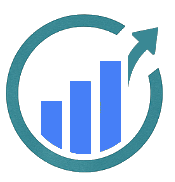Evaluating Informal Networks: Part 2
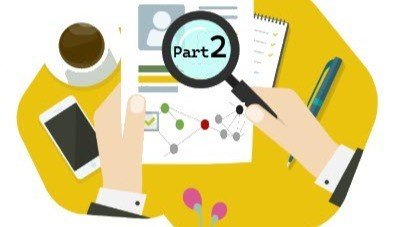
Previously, we have only addressed engaging influencers assumed to be more positively disposed toward a change. In this segment, we will discuss potentially negative influencers and strategies for gaining their alignment. Negative influencers, such as gatekeepers, fence-sitters, and open challengers, can significantly impact change initiatives. While they present challenges, identifying and strategically engaging these individuals […]
Evaluating Informal Networks: Part 1
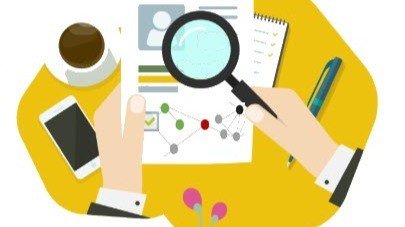
Leveraging informal influencers using ONA allows change agents to adopt a more responsive and resilient change strategy. Once identified, informal influencers can be enlisted as “change champions” or advocates who promote the change message in their respective networks. By involving them in the early stages of planning and decision-making, change agents can leverage their natural […]
Identifying the Informal Influencers in Organizations

In my last installment, I discussed research supporting the importance of leveraging informal influencers during change. Before we can engage and leverage informal influencers, we must first identify who and where they are. The traditional method is to ask managers to nominate these individuals, in much the same worn-out way we too typically use to […]
Unleashing Hidden Influence: Leveraging Informal Networks in Change
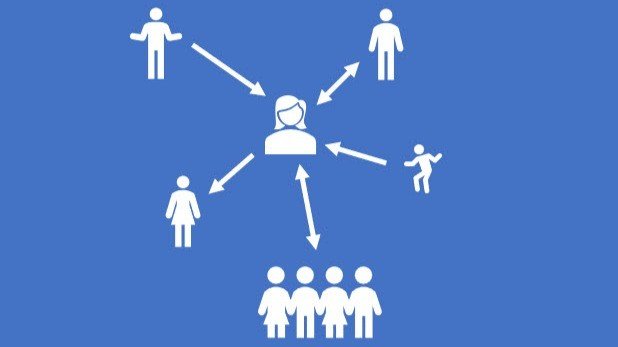
In recent studies on the ability of informal influencers to drive organizational change, evidence reinforces the critical role these informal networks play in the success of change initiatives. Research employing Organizational Network Analysis (ONA) has illustrated that informal influencers, although sometimes lacking formal authority, are often well-connected within an organization. This connectivity allows them to […]
Guiding Change through Chaos

Is it still effective to rely on traditional, top-down approaches to change? What if, instead, we allowed change to emerge naturally, guided by those closest to the work? This is the heart of what Kenneth Kerber and Anthony Buono call “guided change” — a more flexible, adaptive approach that lets change evolve from within, fostering […]
Readiness Surveys and Other Methods

In my previous article, it was established that the definition of change readiness proffered by Armenakis et al. is both founded in empirical research and prevails most prominently in the readiness literature. In fact, later research by Armenakis et al. (2006, 2007) confirmed that an individual’s overall evaluative judgement that he or she is ready […]
What is Readiness, anyway?
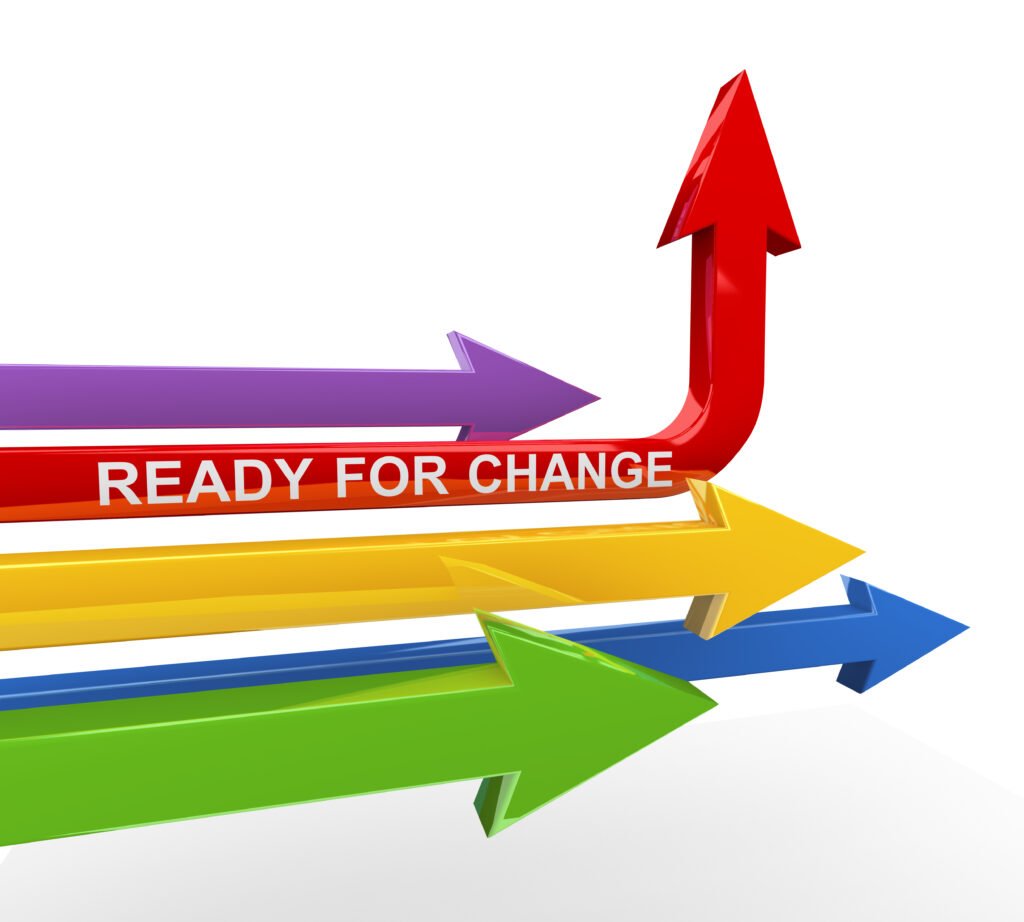
In change management, we are frequently called upon to design interventions that prepare the organization for an impending change, what is referred to as change readiness. But what exactly does change readiness mean? Several popular change frameworks offer different takes on the readiness construct. Prosci defines change readiness as “the level to which an organization […]
Navigating Change with the Futures Wheel

The “Futures Wheel” is a strategic thinking tool developed by Jerome Glenn, a futurist and co-founder of The Millennium Project think tank. This simple tool can be used to examine the complex, sometimes difficult to project ripple effects that changes can create. Its application includes strategic planning, foresight exercises, and scenario development. It has also […]
Rapport: Foundation of Stakeholder Influence
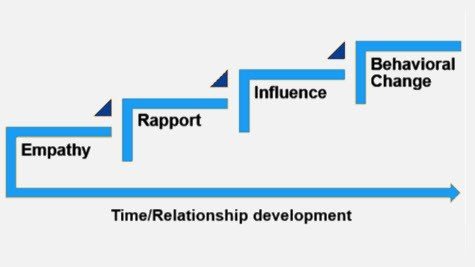
In any change initiative, stakeholders are commonly viewed as passive observers rather than active participants. But the reality is that stakeholders are complex individuals with distinct perspectives, beliefs, and biases. And trying to influence them without first establishing rapport is like trying to build a house without a firm foundation. The ability to successfully influence […]
Expectations Matter!
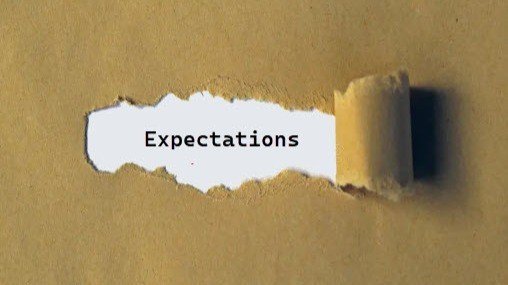
In managing organizational change, we tend to spend an inordinate amount of time identifying and categorizing stakeholder change impacts. This has become de rigueur in change management practice. Stakeholder expectations, on the other hand, are often overlooked or given very little attention. But the Project Management Institute (PMI) stresses that meeting these expectations is just […]
Embracing “Fuzzy”: Human Agency

Human agency is the ability of individuals to make their own choices and act independently. It reflects a capacity and tendency to make intentional choices and to initiate actions based on these choices. Human agency highlights people’s role in shaping their own lives, rather than just being influenced by external factors. This includes reflecting on […]
Embracing “Fuzzy”: Adaptability & Flexibility

Adaptability and flexibility play a key role in managing projects, especially in situations where things aren’t always clear-cut. You know, “fuzzy” projects. These terms are closely related, but there are some important differences. Adaptability refers to the capacity to adjust (while remaining focused, of course) when faced with change or uncertainty in the project. In […]
